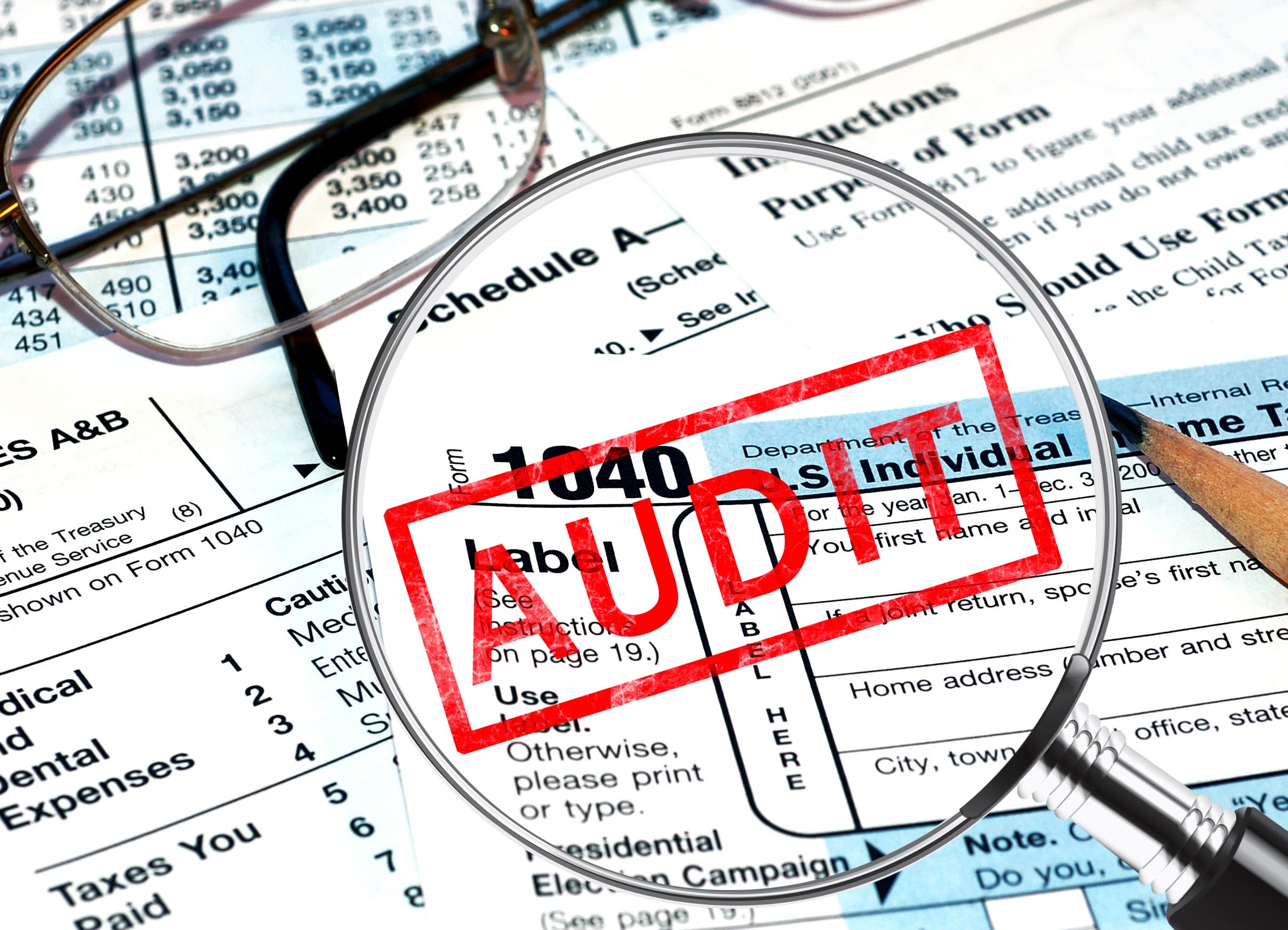Monday - Friday
09:00 AM - 5: 00 PM

Hearing the words "tax audit" can be daunting. If the IRS decides to audit your taxes, you need to be prepared for a thorough review that could take weeks or months, involving numerous requests for financial documents and other headaches.
An IRS tax audit is a detailed examination of your tax return and financial records to ensure the accuracy of the information provided and confirm that you have paid the correct amount of taxes. When you file your tax return, the IRS typically trusts that the information is accurate. However, if you're audited, the IRS will require documented proof of all the information on your tax return. Audits can occur via mail or through in-person interviews and may require you to verify your income, eligibility for certain deductions, loan paperwork, bank and investment statements, medical and dental records, and more.
The IRS selects some taxpayers for audits randomly, but it also uses computer screening to flag unusual returns for further examination. If chosen for an audit, the IRS will notify you by mail.
As a taxpayer, you have specific rights during the audit process, including:
- The right to professional treatment and confidentiality.
- The right to understand why the IRS is requesting certain information and how it will be used.
- The right to appeal any disagreements.
- The right to representation.
If you're facing an audit, it’s crucial to know your rights and seek professional help. A tax audit can be a stressful and complex process, but with proper defense and guidance, you can navigate it effectively.
Monday - Friday
09:00 AM - 5: 00 PM
Phone Number
(305) 204-3401
Address
175 Fontainebleau Blvd, Suite 1-R13, Miami, FL 33172
